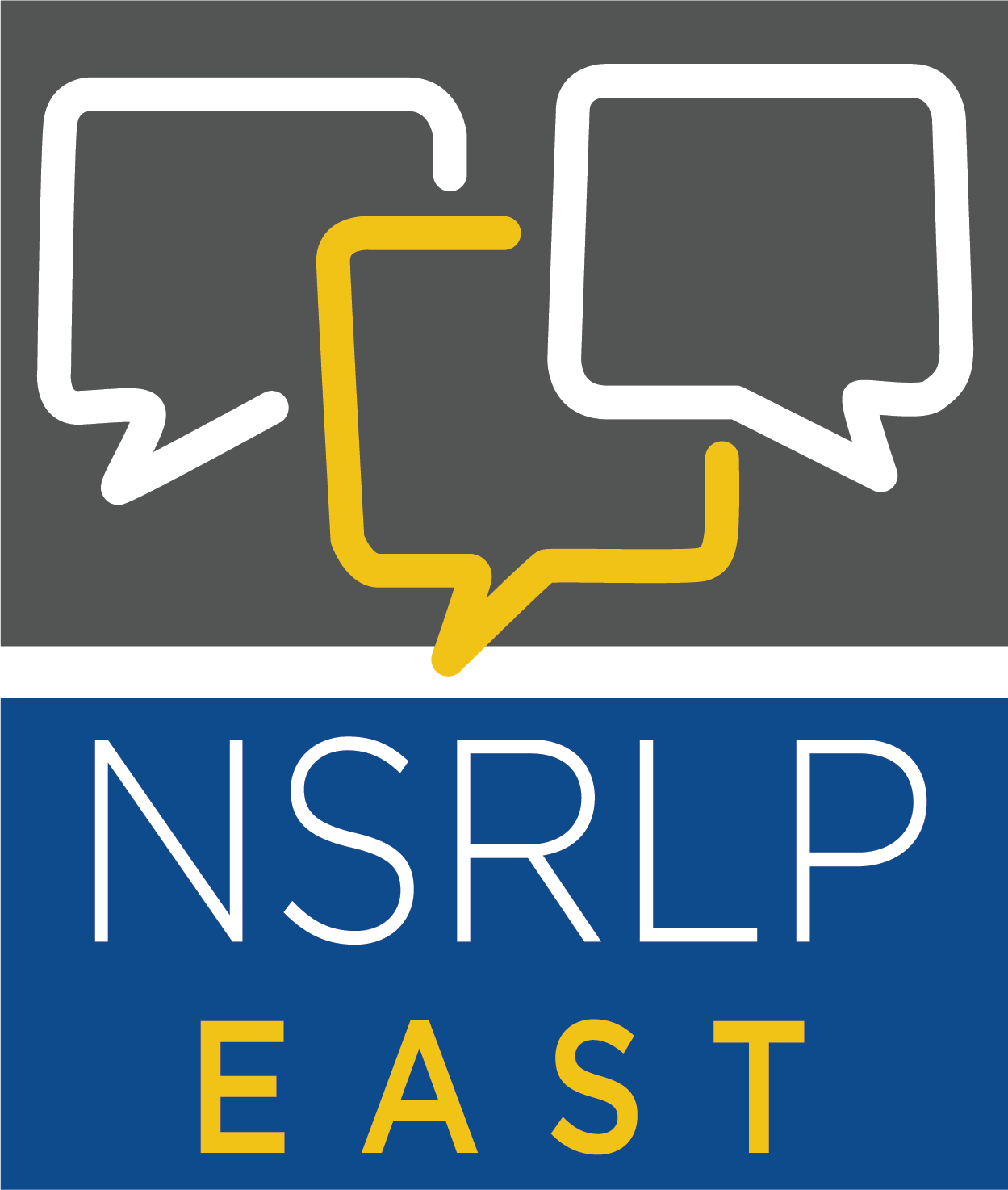We will be writing more on costs awards in Supreme Court in the coming months but we wanted to give you an idea of what costs awards are. A cost award is a monetary award that may be made against the unsuccessful party at the end of litigation.
Just a note: representation costs and filing fees are not the same thing. Filing fees are what you must pay the court to file your claim or defence, or other notices.
On the other hand, representation costs are the award that a judge may grant at the end of your case, or on interim motions, which orders the unsuccessful party to pay some of the successful party’s legal costs.
The judge decides whether or not to award costs, and how much to award, in your case. However, it is important to know that if you are unsuccessful in your case, you may have to pay costs. These costs can be significant, especially if the other party is represented by a lawyer.
If you do not think you will be able to pay a costs award and this would present a serious barrier to you in making or defending a claim you can bring a motion as soon as possible to ask the judge to exempt you from a representation costs aware. You will have to show evidence to prove your financial situation and that you will not be able to afford a costs award if you are unsuccessful.
On the other hand, it is also important to note that even as a self-represented party you can ask the court to award costs against the other party if you are successful. It is important to keep track of all eligible costs so that if you are the successful party, you can ask the court for a costs award to partially reimburse these costs.
One example of cost is that if you can show that the time you took to prepare for court or attend court took away from your ordinary income source, this can be included in a costs award. For example, if you had to take time off from your job to attend court, the judge can order the unsuccessful party to reimburse you through a costs award. This is often what the court will refer to as “opportunity costs.” Be sure to track any time off from your job, including vacation days you had to take, in order to prepare for or to attend court.
You can read more about Costs from the National Self Represented Litigants Project here. Or you can check back to our blog to learn more about what costs are, how to apply for them and how to apply for a waiver of costs.

